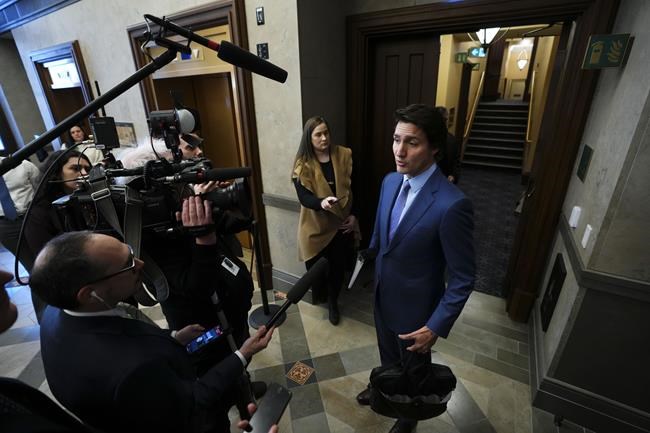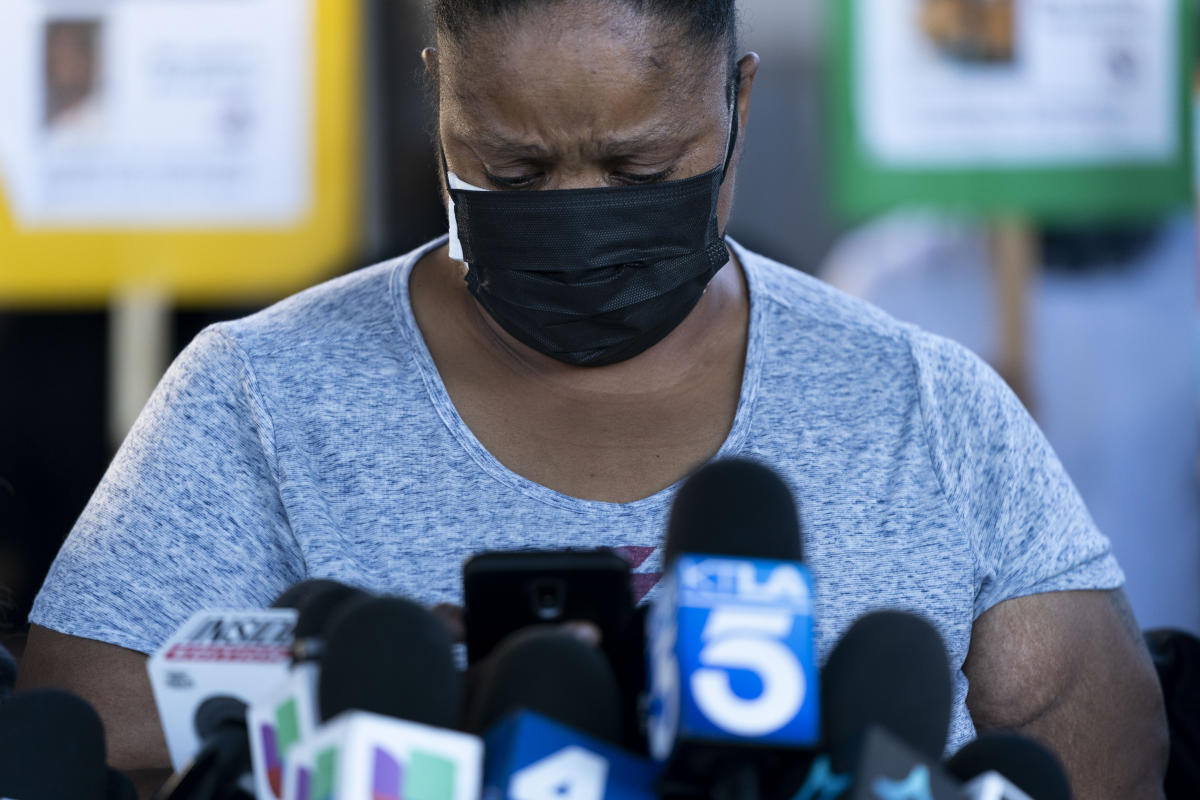[ad_1]
“Federal Government to Increase Health Transfers and Impose Targeted Funding Conditions”
OTTAWA — Prime Minister Justin Trudeau will offer provinces a “significant” increase in Canada’s health transfers and extra money if they agree to one-to-one contracts that target specific problem areas in the health system.
A senior government official with knowledge of the plan said Trudeau would present a 10-year offer when he meets with the country’s 13 prime ministers in Ottawa on Tuesday.
The Canadian press agreed to grant official anonymity as they were not authorized to speak publicly on the matter.
They said the offer will include a top-up on the annual Canada Health Transfer that Ottawa sends to provinces each year with very few strings attached. This year, Ottawa sent $45 billion, which is 22 percent of what the provinces budgeted for healthcare.
Premiers want Ottawa to fund 35 percent, which would have required $26 billion more this year.
Trudeau will offer more money to provinces that make one-for-one deals in specific areas, and with associated accountability measures like setting goals for improvement and sharing data.
Health Secretary Jean-Yves Duclos previously said the federal government’s priority areas include improving access to GPs, better mental health care, reducing surgery backlogs and massively improving data collection and sharing.
The government’s offer will be made public, but only after it was handed over to the prime ministers on Tuesday.
Manitoba Premier Heather Stefanson, who currently chairs the group of prime ministers known as the Council of the Federation, said the fact the prime ministers haven’t seen details is frustrating.
“If we had known beforehand, we could have had a more in-depth discussion tomorrow,” she said. “That’s out of the question.”
She would not say whether the prime ministers are flexible on the 35 percent question or what concessions or conditions they are open to.
“We want to see what the proposal will look like,” she said. “We go in with an open mind and then we go from there.”
Trudeau said his government doesn’t expect to sign the same agreement with every province.
“We recognize that different provinces have different needs and different priorities, and that flexibility is an important part of our responsibility,” he said Monday.
After Tuesday’s talks, Duclos and provincial health ministers will meet to further work out the details. There’s no specific deadline, but the hope is that a new deal will come into effect before the next federal budget, which is generally presented in the spring.
The federal official said one of Ottawa’s key requirements is that provinces agree to common indicators and the collection and sharing of data with both other provinces and Canadians. They said there was a need to better understand the scale of the problems and be able to measure progress.
Former Health Secretary Jane Philpott, who was in charge of the file in 2017 when the final federal-state health talks took place, said Monday it was a critical element of any successful plan.
In 2017, Ottawa signed bilateral agreements with each province and territory to inject $11.5 billion over 10 years to improve mental health and home care. The agreements included an agreement that the provinces would report some common indicators annually. Although this has been done, data is often incomplete and progress is difficult to assess.
“Looking back on that, I’d say the agreements weren’t as specific as they could have been and I think that’s the lesson to be learned at this round,” Philpott said.
“If the federal government puts more money on the table, accountability must be given for how that money is spent. I think this time around I would advise making those expectations much more specific and possibly even using legislative tools to ensure that the outcomes will be what they need to be.”
She said this could include clawing back money if provinces fail to meet their commitments.
Philpott said the lack of information about how the health system is performing is a big problem, as is the lack of hard targets for progress.
An estimated six million Canadians do not have access to a GP or a team of GPs, and Philpott said a tough goal should be to ensure every Canadian has access within five to seven years.
But to do that we would need to know a lot more about the doctors we have, where they are and how many hours they work.
“We don’t actually know how many practicing general practitioners there are in the country, which is shocking,” she said.
Health workers’ unions and associations began to sound the alarm about the dwindling number of health professionals in the early days of the pandemic. Since then, Worker Burnout has turned a bad situation into a crisis. They say that without a long-term plan to strengthen their ranks, little can be done to improve the state of health care in Canada.
NDP leader Jagmeet Singh said on Monday: “Any agreement that does not include clear commitments to hire more frontline health workers would be a failure.”
Conservatives have been reluctant to comment before seeing Trudeau’s bid but are concerned about the cost.
“What we’ve seen over the last eight years is Justin Trudeau has been spending money on all kinds of challenges and things are generally getting worse,” Conservative MP Garnett Genuis said Monday.
“If we see a proposal from the government, we will look at it, we will see if the government is actually going to pull us out of the mistakes it has made.”
This report from The Canadian Press was first published on February 6, 2023.
Mia Rabson, Laura Osman, and Mickey Djuric, The Canadian Press
[ad_2]
Don’t miss interesting posts on Famousbio










